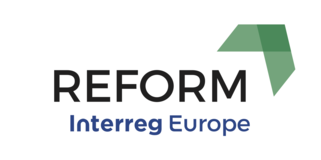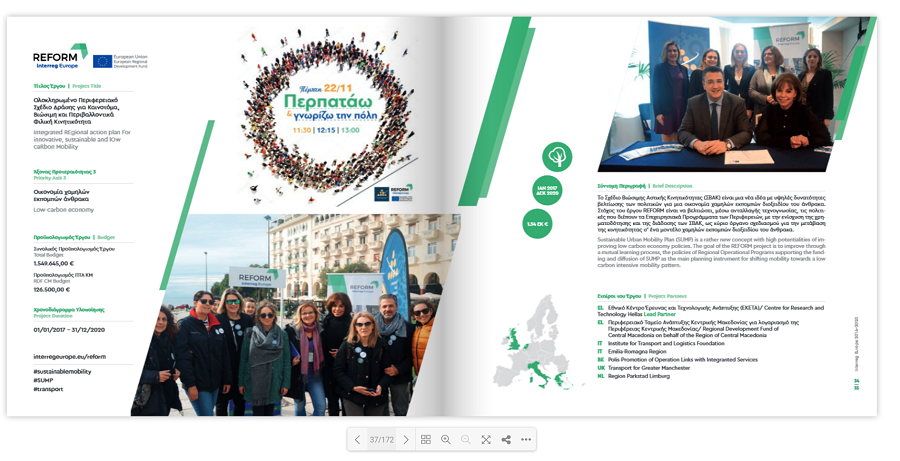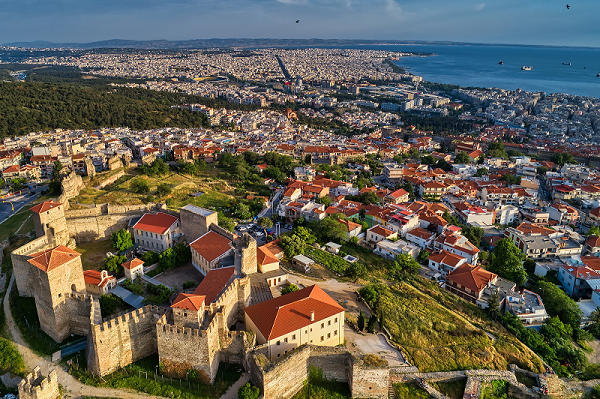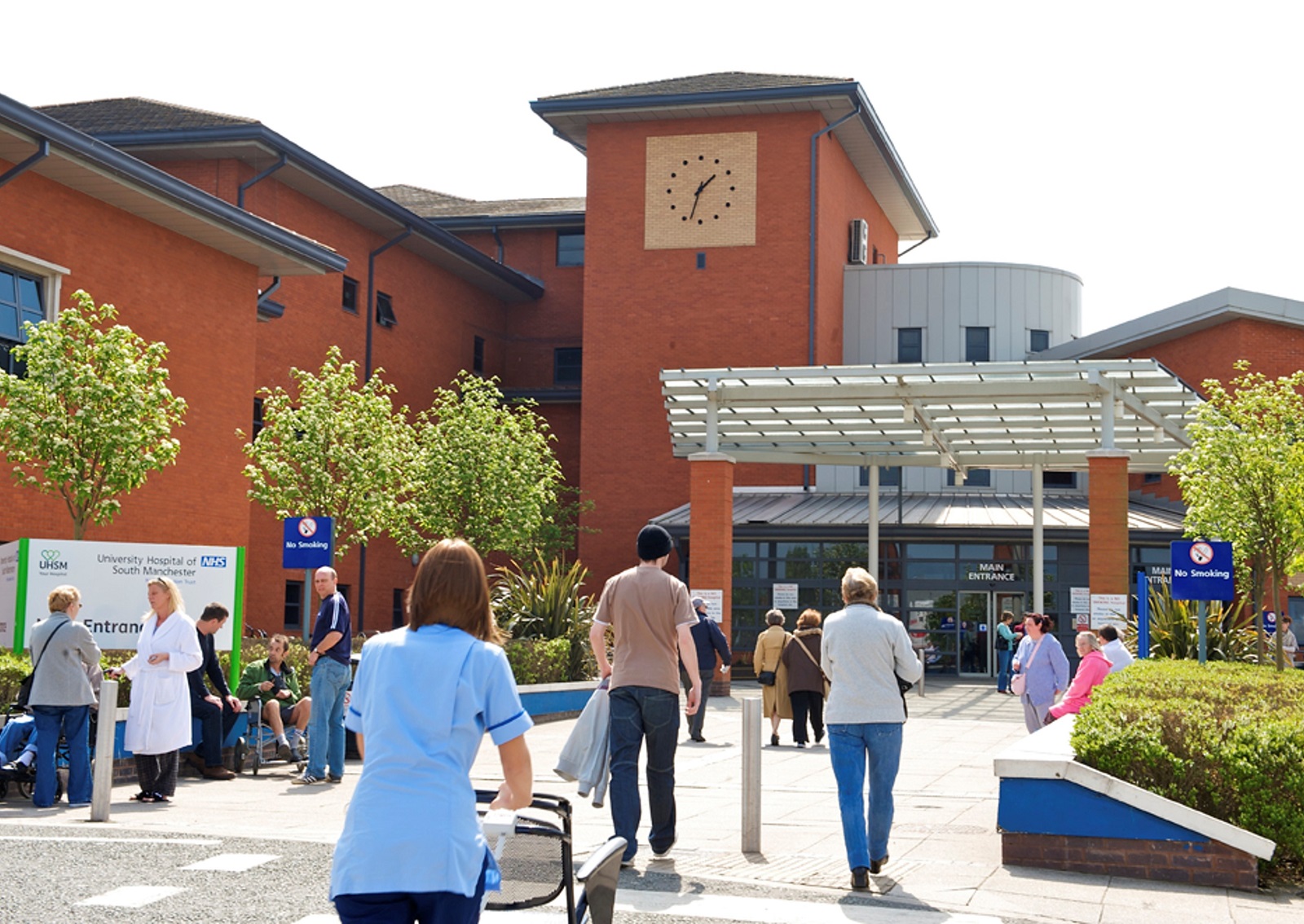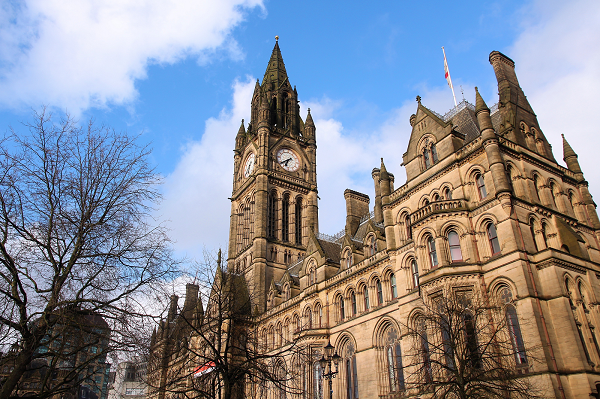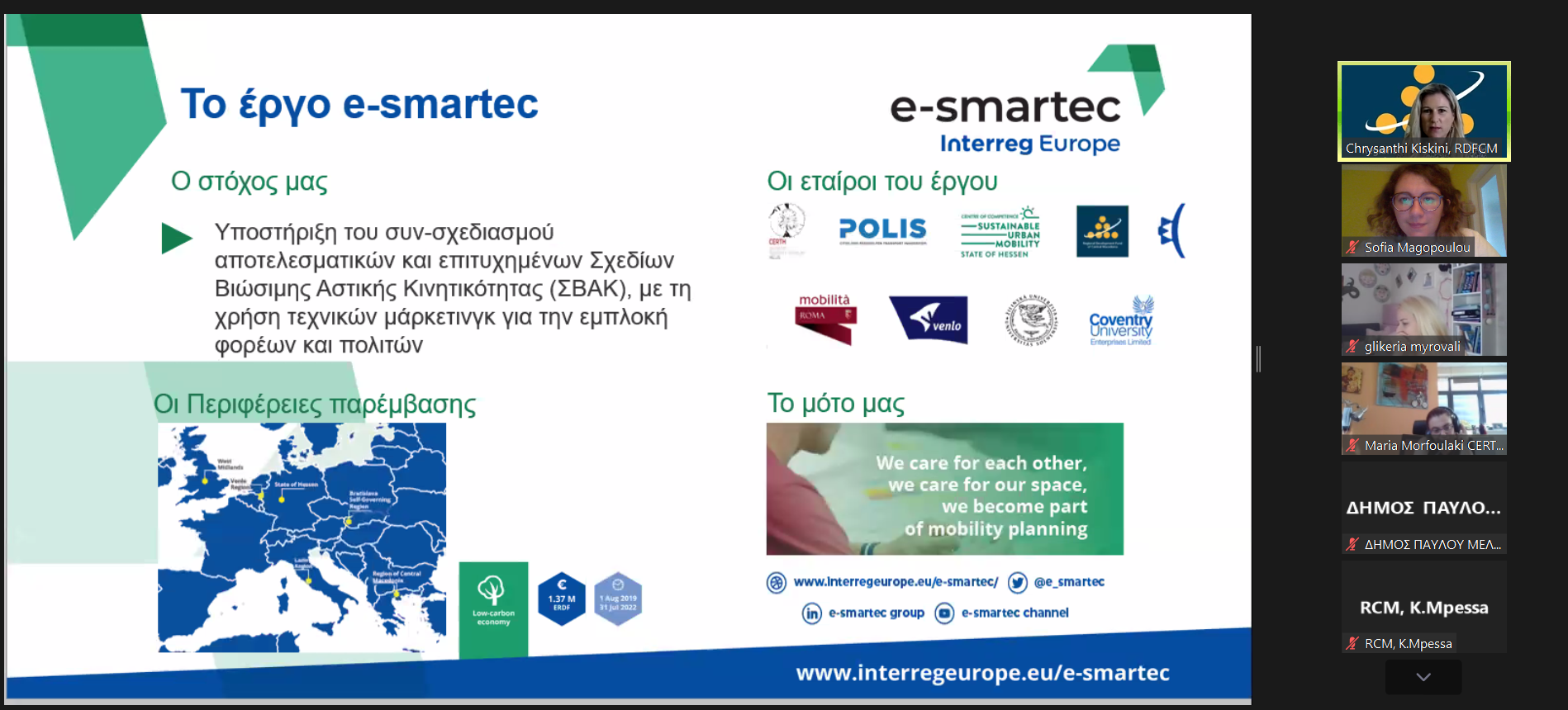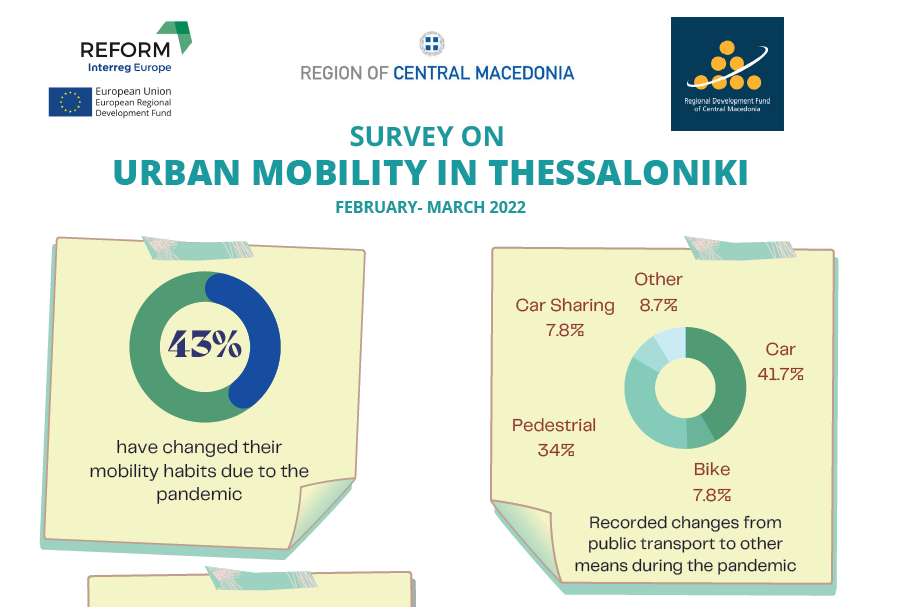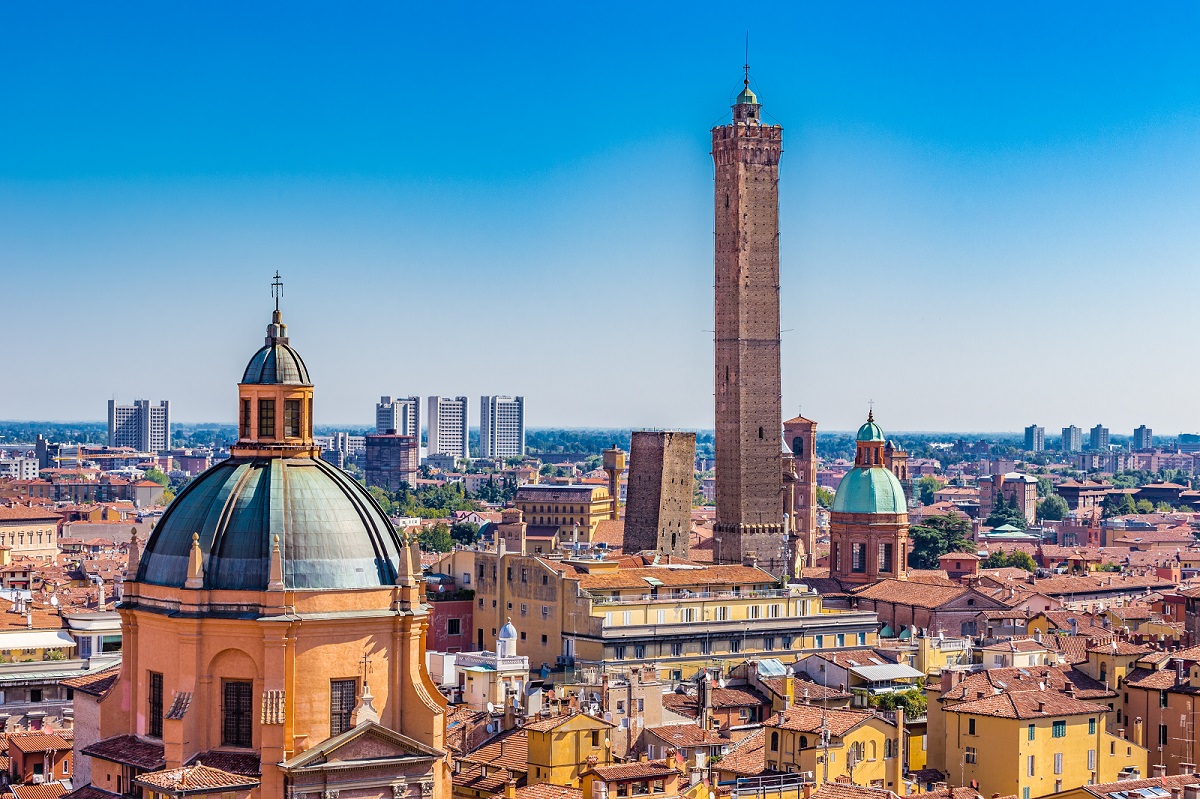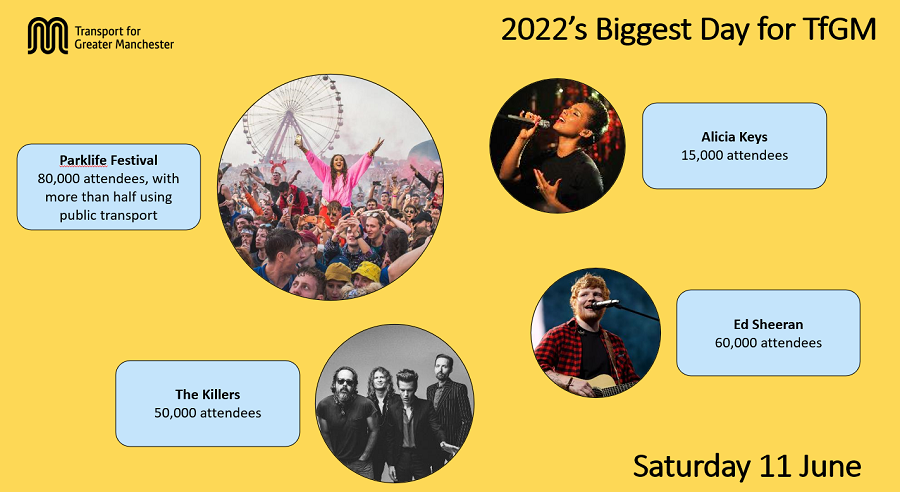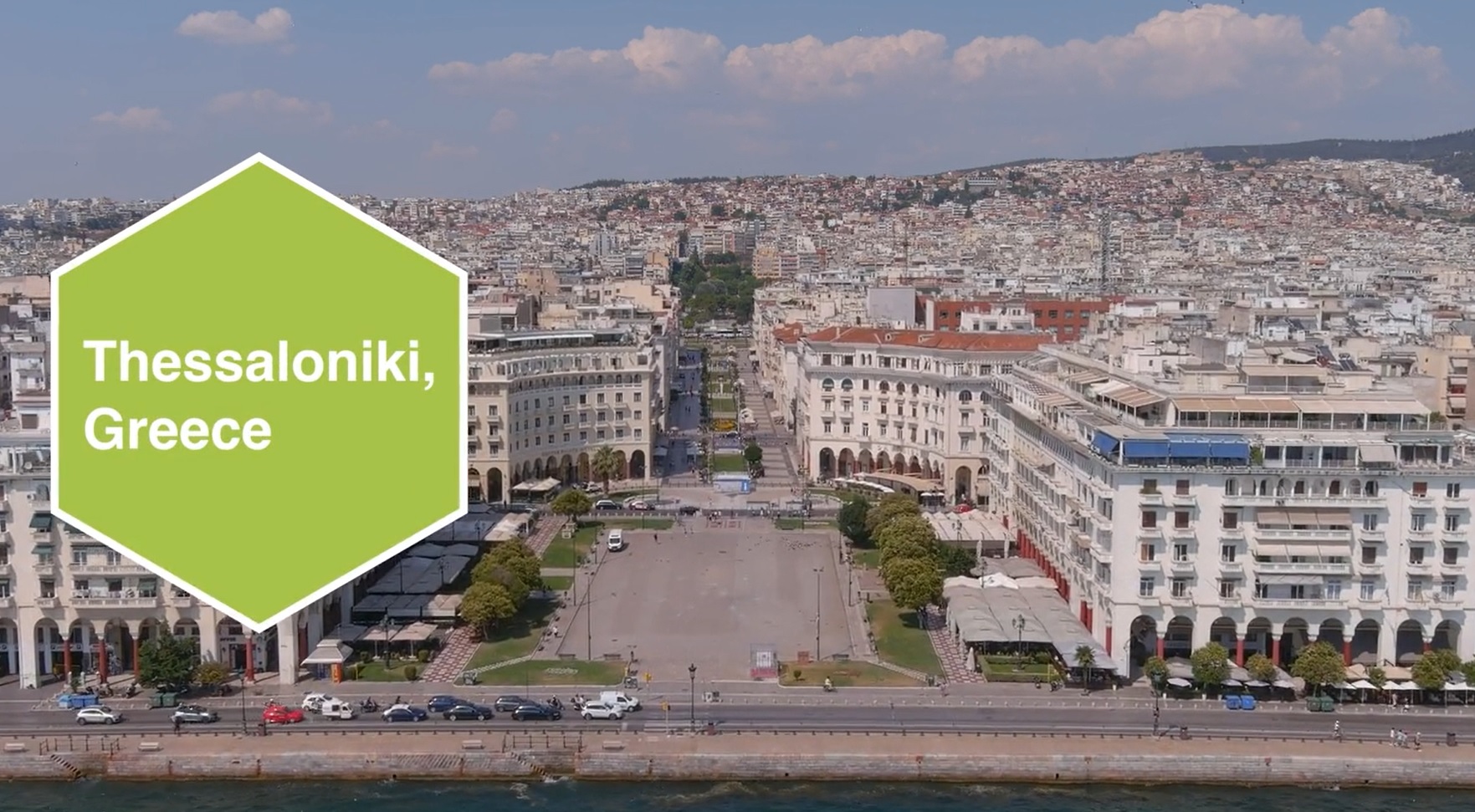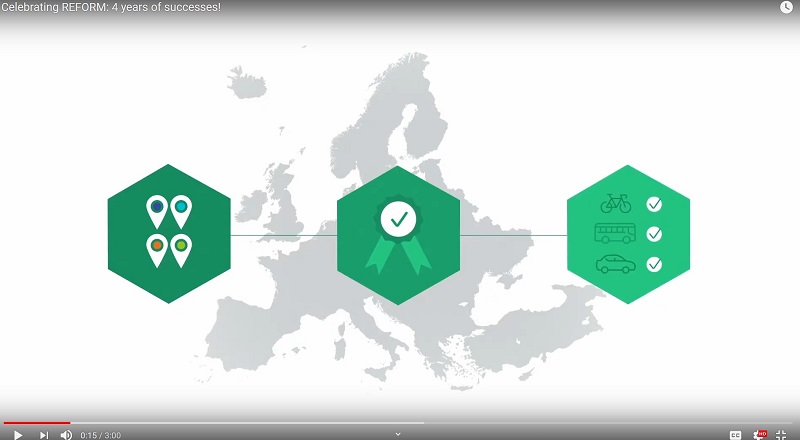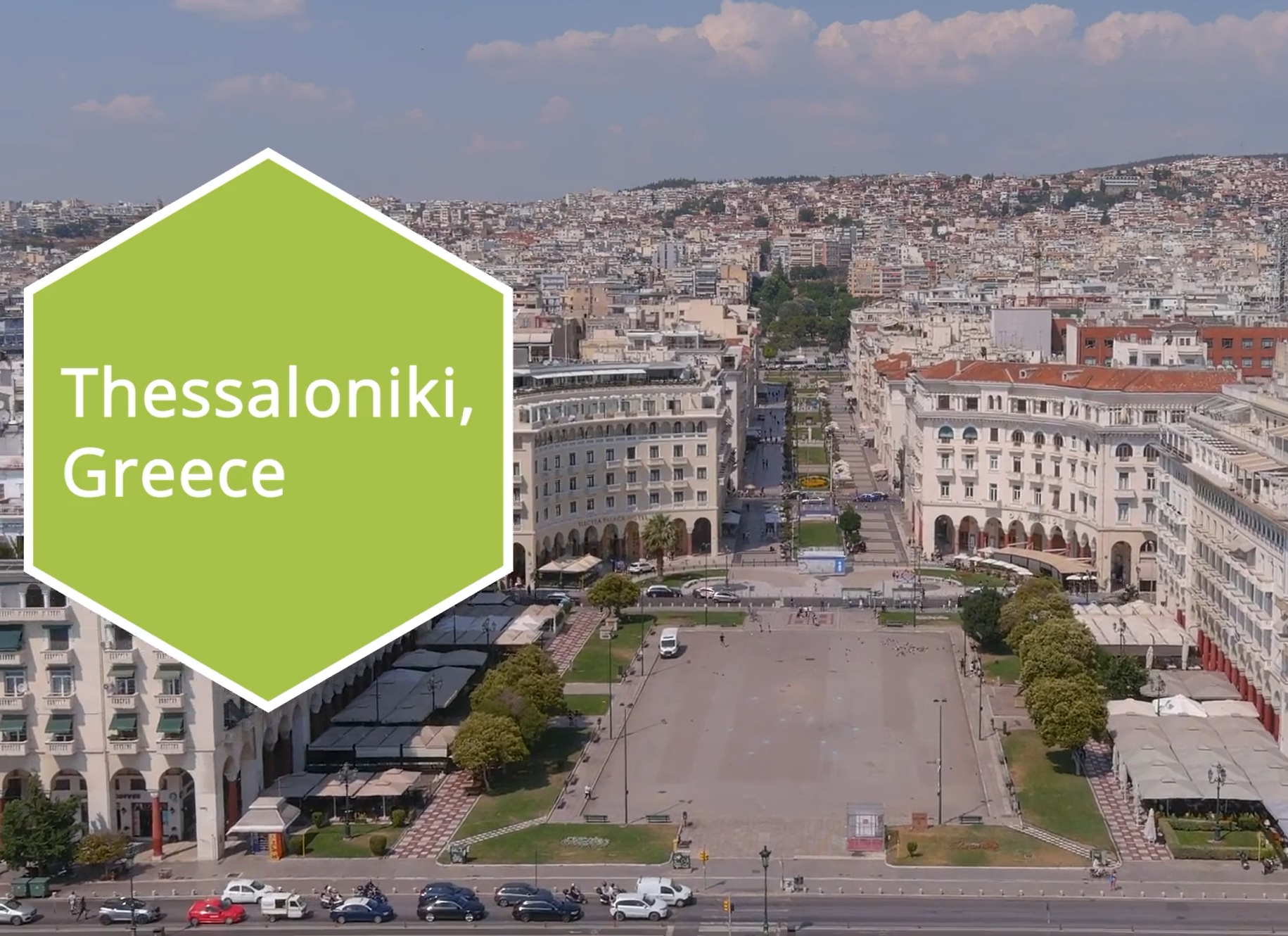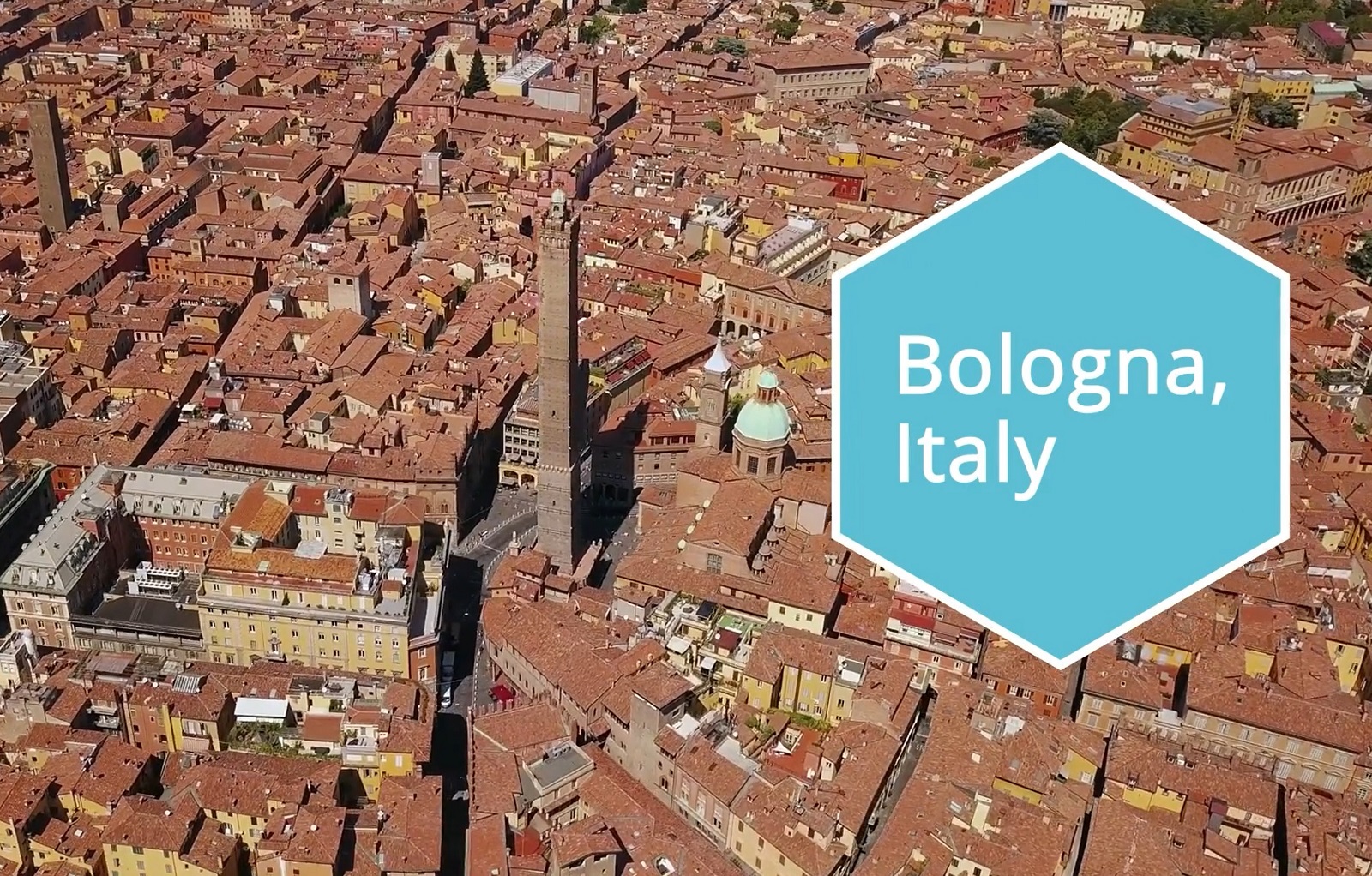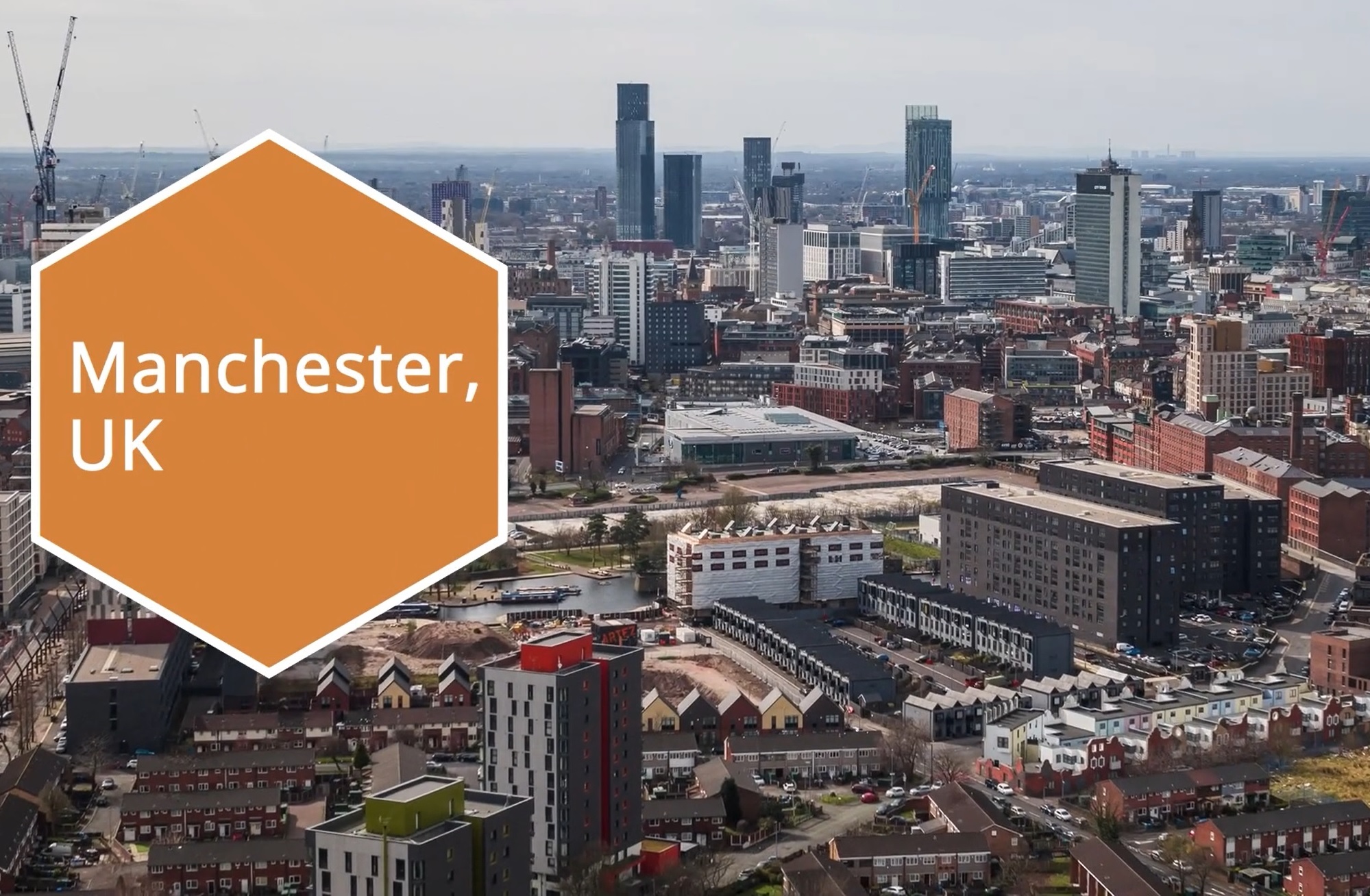Football stadiums, transport control centres, digital displays, transport interchanges and event travel demand preparation – the study trip to Manchester provided the REFORM consortium with a diverse set of local measures to improve public transport usage whilst enhancing the customer experience along their entire journey.
Transport for Greater Manchester (TfGM), the local service provider of several public transport solutions, has to solve many challenges, including managing more than 12,000 bus stops, a dozen transport interchanges, and additional demand for transport during matchdays of Manchester United, Manchester City and various other cultural and sporting events throughout the entire year. Coordination and collaboration with several privately operated transport providers, as well as the integration and exchange of mobility data between these organisations is an additional task of TfGM.
Insights into these daily operations was provided to the project consortium of Interreg REFORM on 3 and 4 May 2022. The first day included an internal project meeting, including progress updates from the attendees, and administration and planning for the final stretch of the project through to its finalisation in August 2022. The second day focused on a site visit ‘Old Trafford’, the famous football grounds of Manchester United, where an update was provided on travel demand management during matches and other events. It also saw the group travel to a major transport interchange in the city centre, where an overview of many best practices was given, including the use of multi-modal, real time digital departure screens at the interchange.
The latter is defined as a hub that allows the passengers to switch between the different transport modes (tram, bus, train, etc.). Throughout the test and public consultation phase, several different versions of transport information display were tested with citizen volunteers and staff members. Based on the clear preference feedback of the test groups, the digital design and layouts were changed in order to more effectively convey departure information.
As mentioned in the best practice overview of Manchester, the focus was on the sharing of travel information at hospitals, as well as the coordination of transport information exchange during football matchdays and events. Since the pilot hospital for the project is more than 30 kilometers away from the city centre and implementation and the installation of screens will only take place in coming next weeks, the focus of the study trip was the display and exchange of transport information.
Another of the recent undertakings of TfGM was the systematic categorisation and cataloging of the more than 12,000 bus stops in the region of Greater Manchester. Applying parameters such as the level of (digital) information, connectivity, nearby facilities and local population, TfGM has been able to categorise their bus stops from very advanced (grade A) to improvable (grade D). By cross-referencing multiple parameters, they are then able to define the importance and the quality of a bus stop, which in turn determines the future digitisation and investment strategy for each stop.
Thanks to the efficient organisation of the study visit by TfGM, the journey from the transport hub to Manchester United’s ‘Old Trafford’ was used to film the last statements for the REFORM video, which will be published in the coming weeks.
The REFORM group had the chance to host the meeting with Steve Gilholme, Head of Service Delivery at TfGM, in one of the stadium’s hospitality suites. While overlooking the pristine green football pitch, Steve and his colleague Stefania Spagnulo explained the challenges of TfGM of having multiple sports and music events in the city throughout the year.
The presented solutions ranged from dedicated apps for music festivals that push tailored information about public transport schedules and locations, to support measures during football match days with additional capacities and dedicated homepages for football supporters. Steve summarised the situation as follows: ‘thanks to the efforts and cooperation of TfGM with Manchester United, the football club has one of the best relationships with a local transport provider in the entire Premier League’.
All presented efforts and best practices, which can be accesses here and here, are a great starting point for TfGM to further improve the quality of public transport and the customer travel experience in the second largest city in England.
